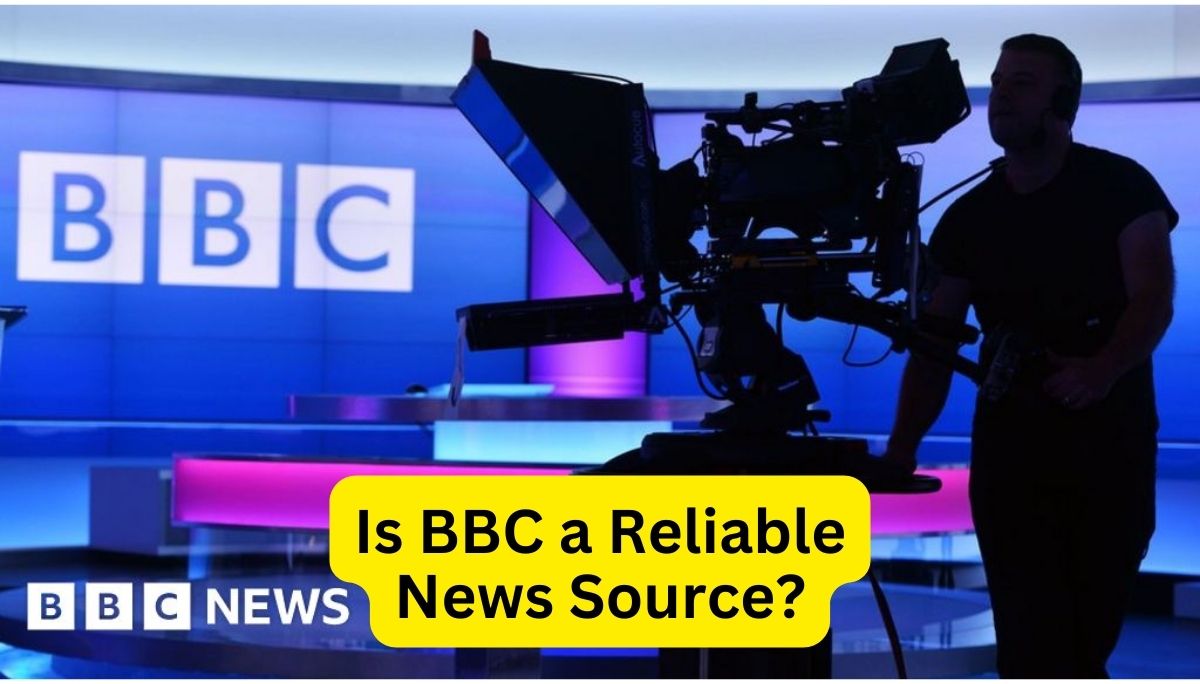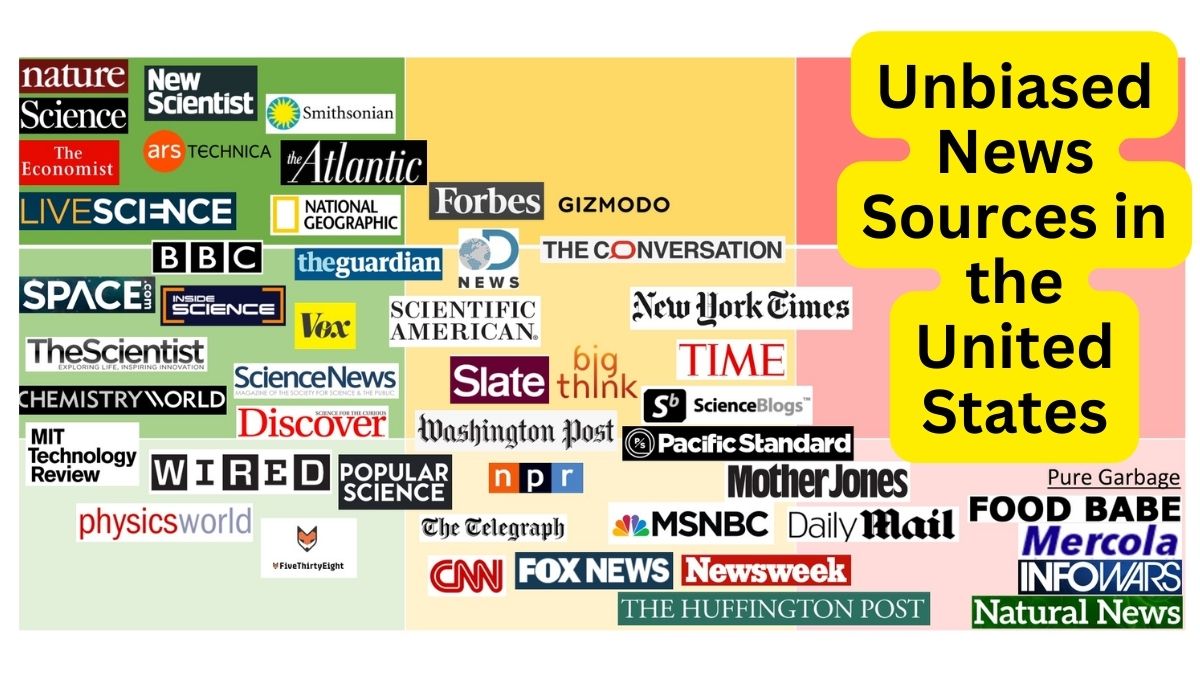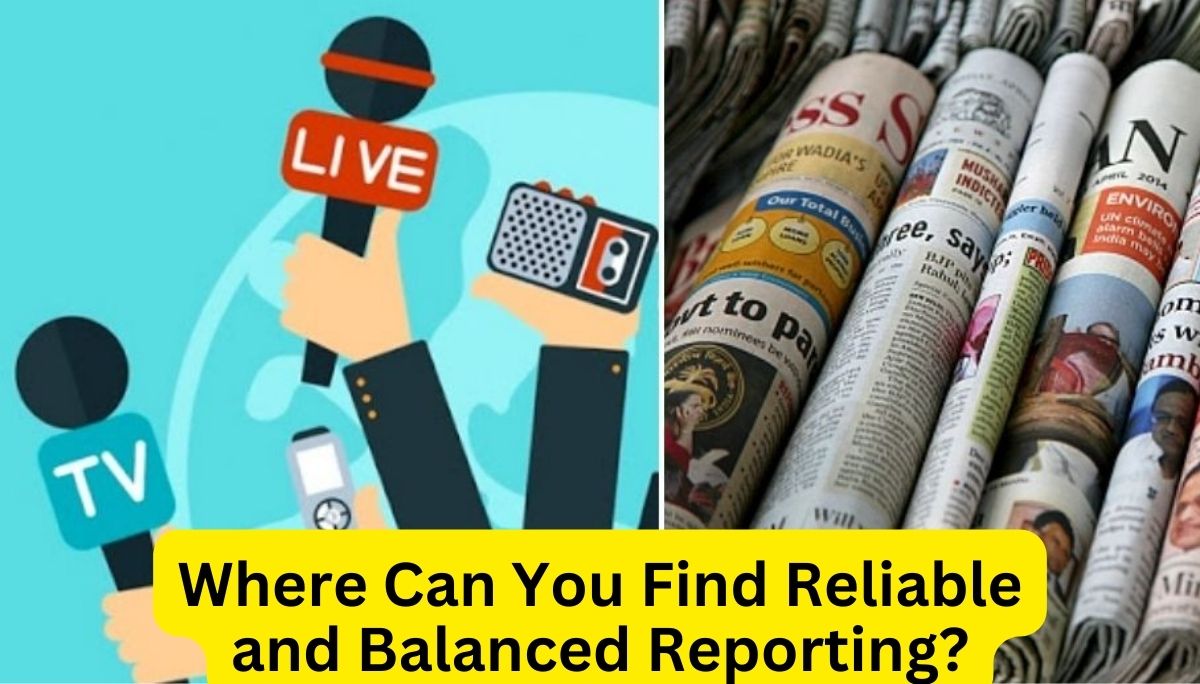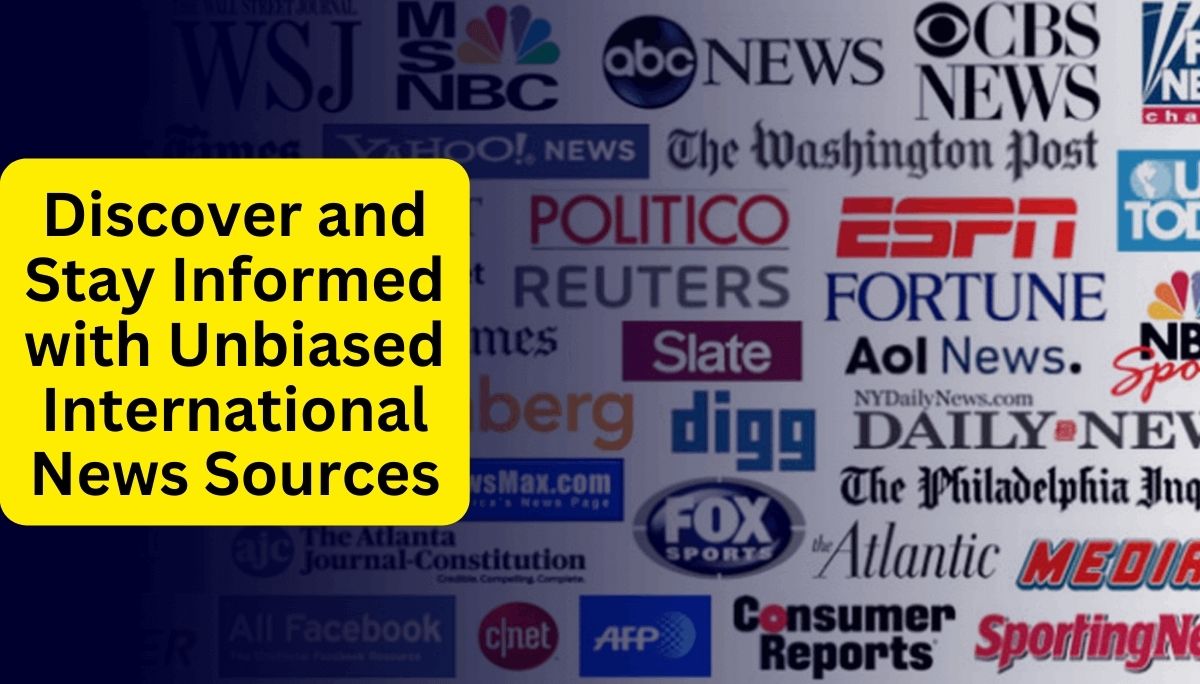Do You Believe CNN Delivers Fake News? Unveiling the Truth Behind CNN’s Credibility
In an era dominated by information overload and media scrutiny, the credibility of news sources often comes into question. One such entity under constant scrutiny is CNN. Let’s delve into the debate: Is CNN indeed guilty of disseminating fake news?

Table of Contents
Introduction
In today’s rapidly evolving media landscape, where the term “fake news” has become a point of contention, it’s essential to approach news sources with a critical eye and an open mind. The Cable News Network (CNN), one of the most prominent and influential news organizations in the world, has often found itself at the center of debates surrounding media bias and credibility.
As consumers of information, it’s our responsibility to separate fact from fiction and to form well-informed opinions based on reliable and trustworthy sources. In this article, we’ll explore CNN’s journalistic standards, fact-checking practices, and accountability measures, while also examining alternative perspectives and the importance of media literacy.
Understanding Media Bias
Before diving into CNN’s credibility, it’s crucial to acknowledge that no news organization is entirely free from bias. Bias can manifest in various forms, including selective reporting, framing, word choice, and omission of relevant information. Even reputable news outlets can exhibit biases based on their editorial policies, ownership structures, or the personal beliefs of their journalists and editors.
To identify potential biases, resources like Ad Fontes Media’s Media Bias Chart can be helpful. This interactive tool rates news sources based on their perceived bias and reliability, providing a visual representation of where different outlets fall on the political spectrum.
CNN’s Journalistic Standards and Ethics
CNN, like many reputable news organizations, adheres to a set of journalistic standards and ethical principles designed to ensure accuracy, fairness, and transparency in their reporting. These standards include:
- Fact-Based Reporting: CNN emphasizes the importance of thorough fact-checking and verification processes, relying on multiple credible sources and expert analysis to support their reporting.
- Commitment to Accuracy: The network has a dedicated team of fact-checkers and editors who work diligently to ensure the accuracy of their reporting and correct any errors or inaccuracies in a timely manner.
- Editorial Independence: CNN maintains a strict separation between its editorial and business operations, ensuring that commercial interests do not influence their news coverage.
- Diversity and Inclusion: The network strives to represent diverse perspectives and voices in their reporting, reflecting the diversity of their global audience.
To learn more about CNN’s journalistic standards and ethical guidelines, you can visit their Principles of Journalism page.
Fact-Checking and Accountability
In the age of misinformation and “fake news,” it’s crucial to hold news organizations accountable and fact-check their reporting. CNN has several mechanisms in place to promote transparency and accountability:
- Corrections and Updates: CNN maintains a dedicated section on their website for corrections and updates, acknowledging and correcting any factual errors or inaccuracies in their reporting.
- External Fact-Checking: Independent fact-checking organizations, such as PolitiFact and FactCheck.org, regularly assess CNN’s reporting and hold the network accountable for any misleading or inaccurate claims.
- Public Editor: CNN has appointed a public editor, an independent journalist responsible for evaluating the network’s coverage and addressing concerns raised by viewers and critics.
- Media Watchdogs: Organizations like the Media Matters for America and the Poynter Institute closely monitor CNN’s reporting and provide critiques and assessments of their journalistic practices.
Alternative Perspectives and Media Literacy
While CNN strives for accuracy and impartiality, it’s important to acknowledge that no single news source can provide a complete and unbiased perspective on complex issues. To gain a well-rounded understanding, it’s essential to consume news from a variety of reputable sources, including those that may offer alternative viewpoints.
Engaging with diverse perspectives can help broaden your understanding and challenge your own assumptions and biases. Additionally, cultivating media literacy skills, such as identifying persuasive techniques, recognizing logical fallacies, and understanding the influence of bias, can help you become a more discerning news consumer.
Resources like The News Literacy Project and The Center for News Literacy offer valuable tools and educational materials to help individuals improve their media literacy skills.
Frequently Asked Questions: CNN Delivers Fake News
Q: Is CNN a reliable and trustworthy news source?
A: CNN is generally considered a reputable and trustworthy news source, adhering to journalistic standards and ethical principles designed to ensure accuracy, fairness, and transparency in their reporting. However, like any news organization, CNN is not immune to bias, and it’s important to approach their coverage with a critical eye and a commitment to media literacy.
Q: How can I verify the accuracy of CNN’s reporting?
A: You can verify the accuracy of CNN’s reporting by cross-checking their information with other reputable sources, consulting fact-checking organizations, and monitoring their corrections and updates section. Additionally, holding CNN accountable through media watchdogs and public editors can help promote transparency and accountability.
Q: Should I rely solely on CNN for news and information?
A: While CNN is a respected news organization, it’s important to consume news from a variety of reputable sources to gain a well-rounded understanding of complex issues. Engaging with diverse perspectives and alternative viewpoints can help broaden your knowledge and challenge your own biases and assumptions.
Q: How can I identify potential biases in CNN’s reporting?
A: To identify potential biases in CNN’s reporting, look for signs of selective reporting, framing, word choice, and omission of relevant information. Additionally, consider consulting resources like Ad Fontes Media’s Media Bias Chart to assess CNN’s perceived bias and reliability.
Q: Is CNN reliable as a news source?
A: CNN’s reliability depends on various factors, including individual perspectives and media literacy. While some view it as a reputable news outlet, others question its credibility due to perceived bias.
Q: How can I determine if a news source is trustworthy?
A: Assessing a news source’s credibility involves examining its track record, transparency, and adherence to journalistic standards. Fact-checking organizations and media watchdogs can provide valuable insights.
Q: Does CNN have a political bias?
A: CNN has faced accusations of bias from both conservative and liberal perspectives. However, media bias is subjective, and viewers’ perceptions may vary based on their own political leanings.
Q: What role does media literacy play in evaluating news sources like CNN?
A: Media literacy plays a crucial role in evaluating news sources like CNN. By developing skills such as identifying persuasive techniques, recognizing logical fallacies, and understanding the influence of bias, you can become a more discerning news consumer and better equipped to separate fact from fiction.
In conclusion, the question of whether CNN is “fake news” is complex and nuanced. While the network adheres to journalistic standards and ethical principles designed to ensure accuracy and transparency, it’s important to approach their reporting with a critical eye and a commitment to media literacy. By engaging with diverse perspectives, fact-checking information, and holding news organizations accountable, we can navigate the complex media landscape and form well-informed opinions based on reliable and trustworthy sources.






